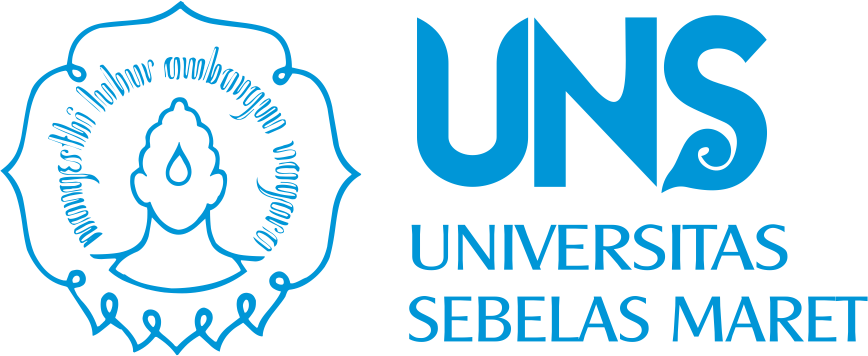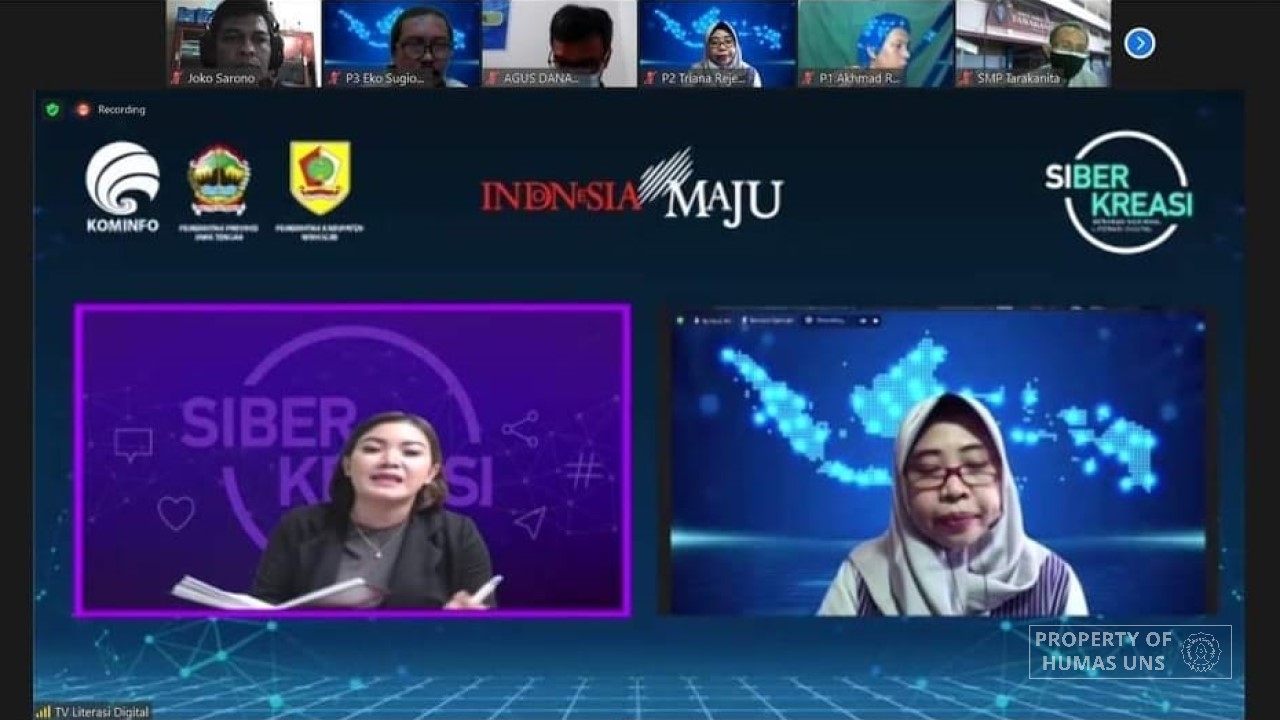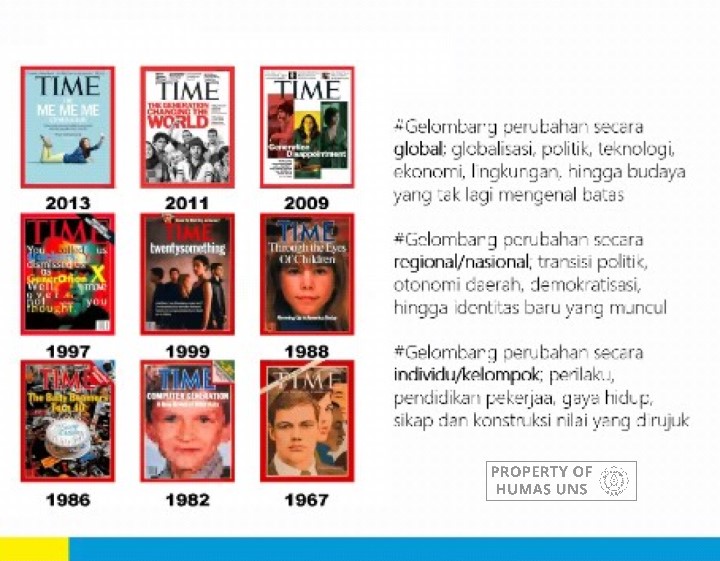UNS — The Ministry of Communication and Informatics (Kominfo) of the Republic of Indonesia launched the National Digital Literacy Program that collaborates with Digital Literacy Activists Network (Japelidi) and Cybercreation of National Digital Literacy Movement.
Digital Literacy is not limited to the ability to operate technology in daily life but also the demands to be responsible when using the technology. Dr. Triana Rejekiningsih, M.Pd., the Head of Master Program in Educational Education Universitas Sebelas Maret (UNS) Surakarta, stated that a challenge in the digital era is the numbers of negative content in the digital media. Indonesian netizen has the lowest online attitude in Southeast Asia based on Digital Incivility Index 2021 report.
Dr. Triana explained that digital media use should be based on ethical intentions, attitudes, and behavior for collective benefits and to improve the quality of humanity. Therefore, it is vital to develop digital ethics, and individual behavior to be aware, give examples, adjust oneself, rationalize, consider, and develop digital ethics governance in everyday life. This step will create awareness, responsibility, integrity, and attitude in performing digital activities.
“Let’s learn to be more capable in digital (activities),” Dr. Triana explained in the Digital Literacy Webinar for Academic Staff and Students amid the Online Education Era Wonogiri District, Thursday (24/6/2021). In the series of Webinar Indonesia #MakinCakapDigital held by Kominfo, Japelidi, Siberkreasi, Dr. Triana also discussed another challenge in the digital era: diverse competence of individuals who meet in the digital platform. There is a generational gap that shows different behavior between the native generation and migrant generation in digital literacy, which leads to the differences in interaction, participation, and collaboration in the digital platform.
The education field currently goes through a digital transformation due to the pandemic, which demands new adaptation for online learning. Dr. Triana considers this transformation as an extraordinary event that goes through people daily life and reminded that people should understand this process to prepare themselves to be digitally well literate.
The Pillars of Adaptation
Another speaker in the webinar was Dr. Akhmad Ramdhon, S.Sos., M.A., Faculty Member of Sociology Program Faculty of Social and Political Sciences (FISIP) UNS mentioned that today’s interaction is no longer collective and tend to be private with the presence of smart and practical technology. This condition asks people to rethink the changes in the community, which occurs globally. “The process of change consists of three stages. Global, national, and lastly, our private life,” he explained.
Dr. Akhmad Ramdhon added that the transformation from analog to digital media would affect the culture, and four pillars should be considered in adopting these changes. First, digital culture should be based on the national culture, Pancasila, diversity, tolerance, and justice. Secondly, digital culture should become an effort to maintain the local culture, local wisdom, diversity, and cultural promotion. Thirdly, digital culture should maintain the rights of children, women, and people with disabilities. Fourth, digital culture should demand a positive attitude to express, manage public and private data, and promote positive activities.
“I appreciate the young generation who promote positive things. For example, making cartoon on the struggle of medical staffs, which is an innovation for a positive campaign,” Dr. Akhmad Ramdhon said. Humas UNS
Reporter: Kaffa Hidayati
Editor: Dwi Hastuti


